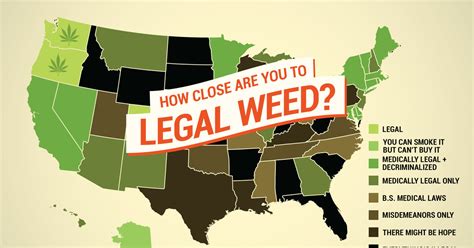In October 2022, President Joe Biden took a significant step in the reform of marijuana policies at the federal level. A presidential proclamation was issued, pardoning federal convictions for simple marijuana possession offenses. This clemency extends to federal convictions, including those under D.C. Code, but does not apply to state or local law convictions. This move by the President was one among several developments that have highlighted the shifting landscape of marijuana regulation in the United States.
The statement from President Biden on marijuana reform indicates a progressive shift in addressing the discrepancies between federal and state laws regarding marijuana use and possession. While the federal government still lists marijuana as a Schedule I substance under the Controlled Substances Act, many states have enacted laws that legalize or decriminalize it for medical or recreational use.
The Department of Justice also announced an update to its marijuana enforcement policy. This update was in response to state ballot initiatives that legalize the possession of small amounts of marijuana and provide for its regulated production, processing, and sale. The Justice Department’s announcement on marijuana enforcement policy marks a departure from previous stances and reflects the evolving attitudes toward cannabis use in the country.
The House of Representatives planned a historic vote on the MORE Act, which would significantly alter the federal approach to marijuana law. This act would create a major shift in policy, potentially repealing the federal prohibition of marijuana and leading to a diverse mosaic of state laws. Insight into this potential policy change can be found in the CRS report on the MORE Act.
The FDA has also been involved in the regulation of cannabis and cannabis-derived products, including CBD. Questions and answers regarding this topic are addressed in the FDA’s regulation of cannabis and cannabis-derived products.
Regarding the President’s authority on marijuana law, the CRS report on presidential power to legalize marijuana provides clarity on the limits and capabilities of the executive branch in matters of controlled substances scheduling.
Lastly, the Alcohol Policy Information System (APIS) has documented the recently adopted cannabis legalization laws, which offer a comprehensive look at how individual states are navigating the complex issue of cannabis legalization.
As the debate on marijuana legalization continues, these documents and policy updates serve as key resources for understanding the current state and future direction of cannabis regulation in the U.S.
